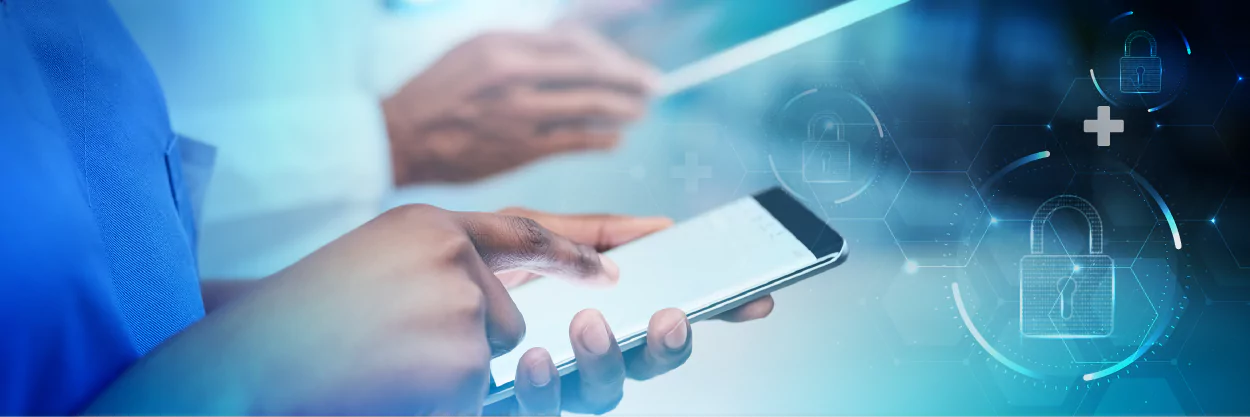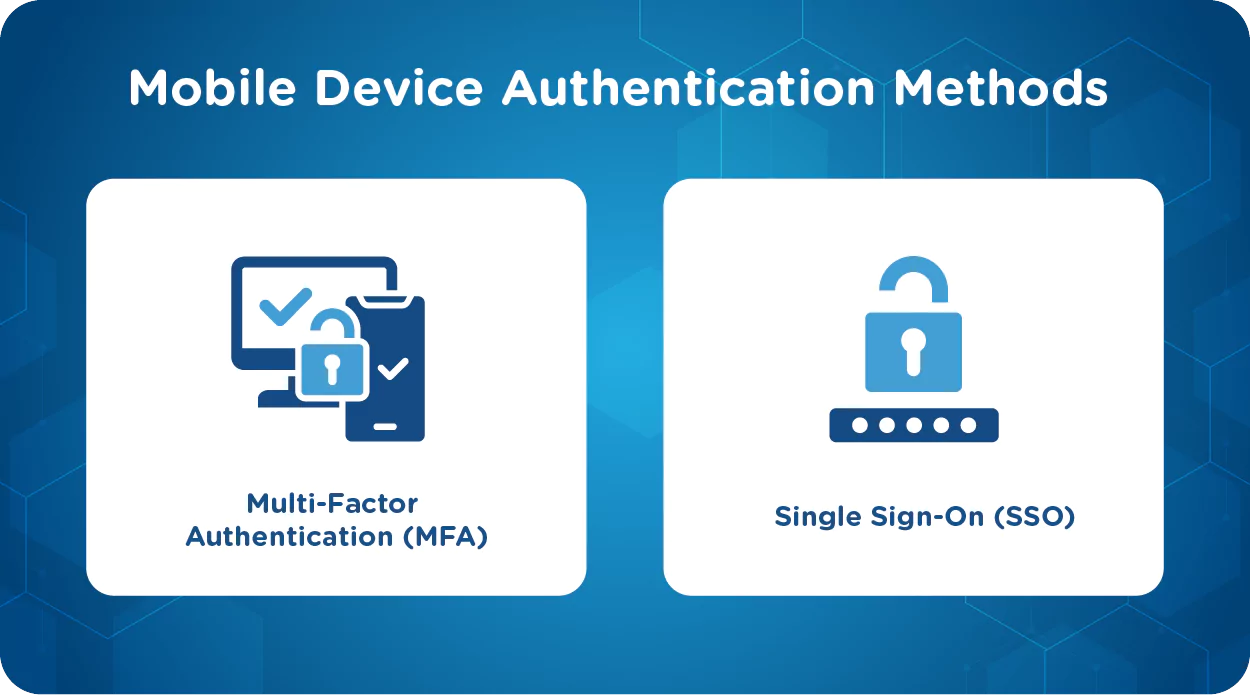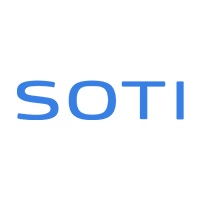
Why Is Mobile Device Security Important in Healthcare?
Mobile devices have become essential in healthcare as they support department communication and data management. However, their use also brings significant security risks. Healthcare IT solutions enhance security measures and provide tools to improve the customer experience. Part of IT solutions include mobile device security, which is vital to prevent data breaches, maintain operational integrity and ensure compliance with regulations.
Prevention of Data Breaches
The healthcare sector is a prime target for cyber-attacks such as ransomware, phishing and malware. Effective mobile device security measures can mitigate these threats, protecting both patient data and the healthcare organization’s infrastructure. Mobile devices are also prone to loss or theft. Security measures such as encryption, remote wipe capabilities and authentication processes can prevent access to important information if a device is lost or stolen.
Operational Integrity
Security breaches can disrupt healthcare services, affecting patient care and operational efficiency. Securing mobile devices ensures that healthcare services remain uninterrupted and reliable.
Trust and Reputation
Maintaining a strong security posture helps healthcare organizations build trust with people to support their reputation as a reliable choice for patients and sponsors.
Two Key Mobile Device Authentication Methods for Shared Devices in Healthcare
Healthcare organizations can boost employee productivity by sharing devices among workers and shifts. Using Shared Device configurations, any worker can grab a device, log in using their credentials and access the relevant apps and data for their role.
However, it’s essential to use effective and robust IT solutions to manage and secure your devices, particularly when they are being shared. When exploring IT solutions for your healthcare organization’s devices, look for these 2 authentication methods:
Click to expand and download
Mobile Device Authentication Methods
1. Multi-Factor Authentication (MFA)
MFA is a security process that requires users to present two or more verification methods to gain access to each application or service. This can strengthen your digital defense system by adding an extra layer of protection through each potential entryway.
2. Single Sign-On (SSO)
SSO verifies users’ identities once, granting them access to all linked applications and services. Single Sign-On (SSO) solutions are widely used in many organizations across the healthcare industry. This is a critical component when you consider that employees spend 36 minutes per month on password entry alone.
Best Practices for Implementing Healthcare IT Solutions
To effectively implement Healthcare IT solutions, organizations should conduct a thorough risk assessment to identify potential vulnerabilities. This helps determine the necessary security measures required.
In addition, it's important to set clear policies regarding mobile device usage, including guidelines for secure data access, encryption and regular software updates. Training your healthcare staff on these policies and the importance of mobile security can significantly enhance compliance.
Budget constraints can also be a hurdle for some organizations. Prioritizing investments based on risk assessments and seeking cost-effective solutions can mitigate financial concerns.
Finally, regular audits and monitoring should be conducted to ensure continuous adherence to security protocols and to promptly identify any emerging risks.
An IT solution that emerges to secure mobile devices in healthcare is Mobile Device Management (MDM). MDM helps centralize control over all mobile devices, allowing for consistent enforcement of security policies and quick responses to potential threats.
Future Trends and Innovations
Emerging technologies in healthcare aim to revolutionize MDM and mobile security in the industry.
Artificial intelligence (AI) and machine learning are top of mind in healthcare and many other industries. In time, AI may offer advanced threat detection and response capabilities by analyzing patterns and identifying issues in real-time.
Advancements in biometric authentication are also improving access control and security and reducing reliance on passwords.
The tech industry will also likely automate processes and provide proactive security measures to significantly improve operations in the healthcare industry.




